New cars aren’t just for the lease period. No, for buyers of used bangers, that’s where a car’s life begins. But how long will it last?
That can be down to you, because it genuinely is possible to future-proof a car and make it last at least until you find yourself in a care home. You’ll save a fortune in the meantime, too.
Obsolescence can come courtesy of legislation (see ULEZ and 2035 ban) as much as an inability to find spares or mechanics with the skills to fix them, but there’s usually a way. Here, then, is how to make your car last longer – and how to pick the right one in the first place.
Which cars are future-proof?
The truth is your future-proofed motor won’t have to be a fusty old classic or riotously expensive bespoke creation that runs on carrot juice.
There is plenty of info out there. Take a good, hard look at reliability stats, such as the annual What Car? Reliability Survey; freedom of information requests aimed at the Driver and Vehicle Standards Agency reveal which cars routinely fail MOTs and why.
Talk to friends and family about their motoring experiences. Ideally you want a popular model in a low specification, and easy on the DIY.
Which engine is future-proof?
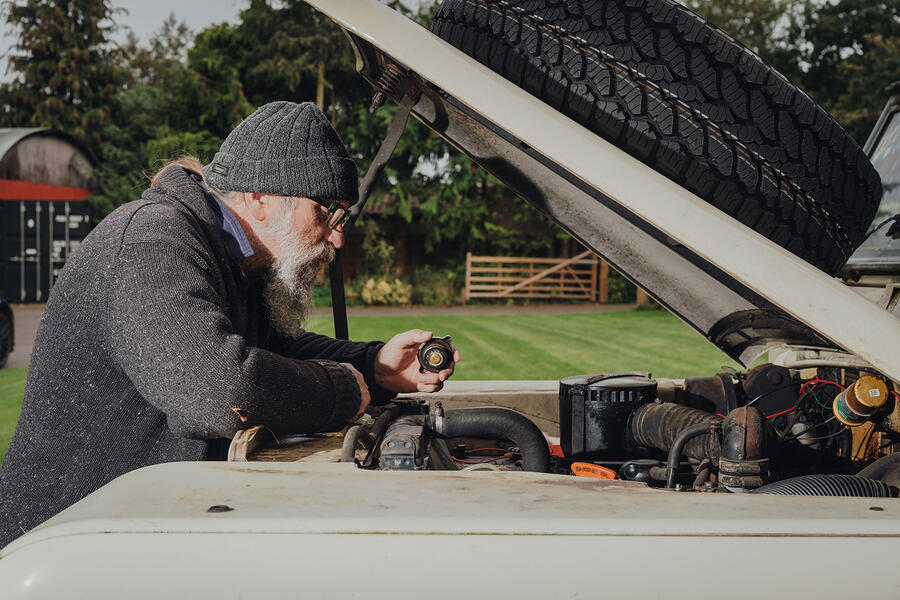
These days, the proliferation of low-emission zones can dictate which EU-rated engine you choose (6 diesel, 4 petrol).
If you’re playing the long game, it’s a close-run thing whether petrol or diesel is more reliable: both, if looked after, can do huge mileages. Certainly the view is that a petrol engine is less complex and simpler to fix than a modern diesel, and it more easily complies with later emissions regulations.
Alternative fuels
Synthetic duels are expensive and supply is never guaranteed in out inevitable dystopian future.
Older diesels, or compression engines, can run on used chip oil, and there are lots of ethanol and other alternative bio alternatives.
You could distil alcohol and make petrol, but you’ll need a licence and to pay duty on it. Small details…
Should you use fuel additives?

Boosting fuel economy is a potential long-term benefit, but for the most part additives work as a preventative measure by reducing the crud built up in your engine.



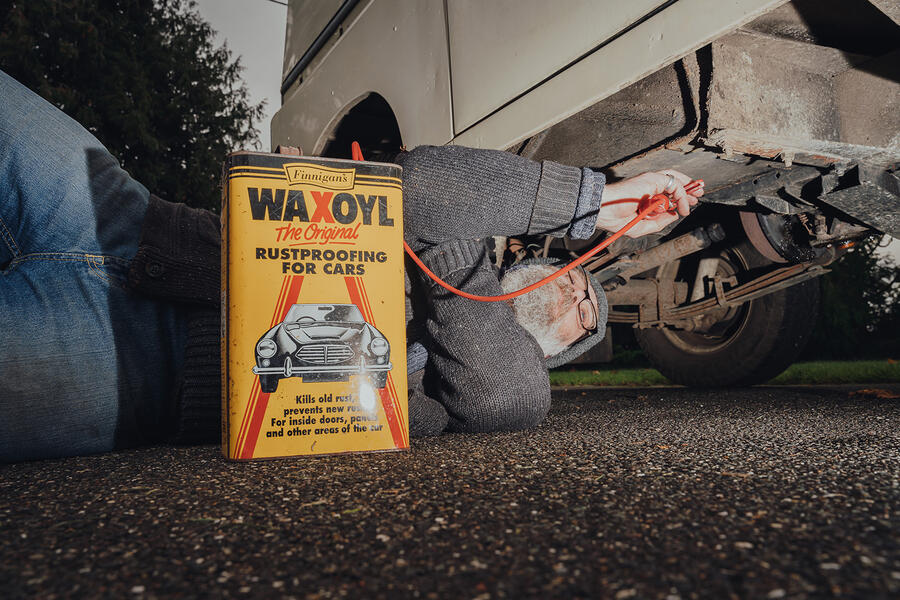
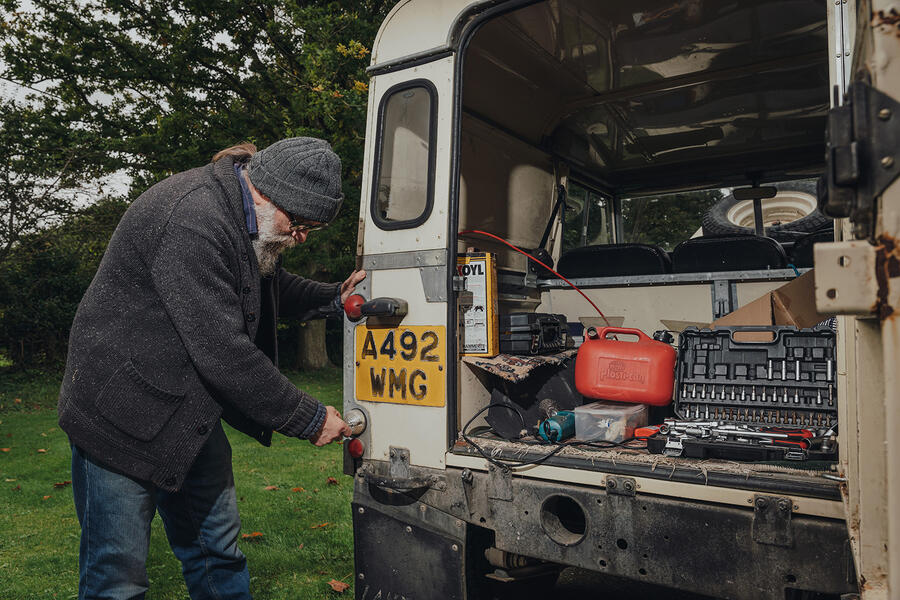

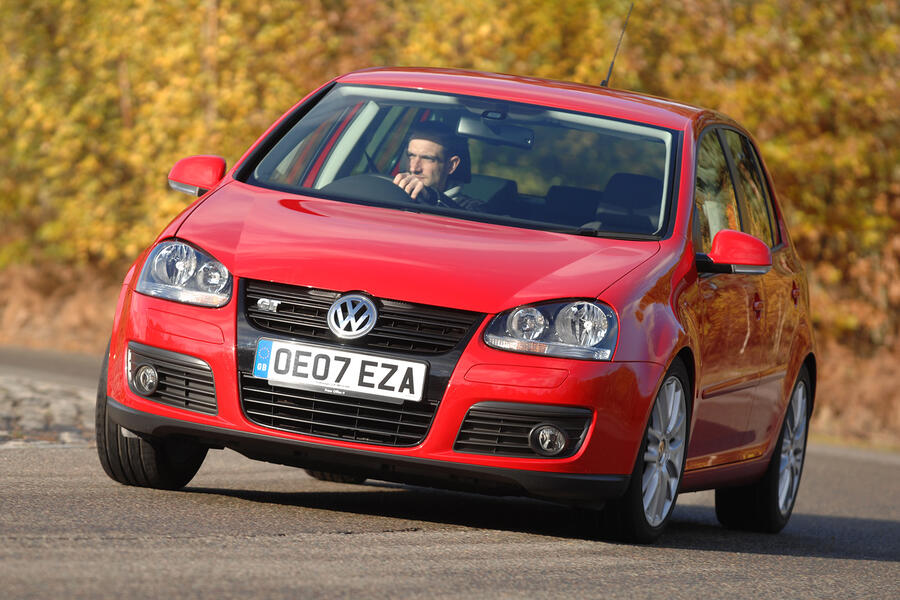


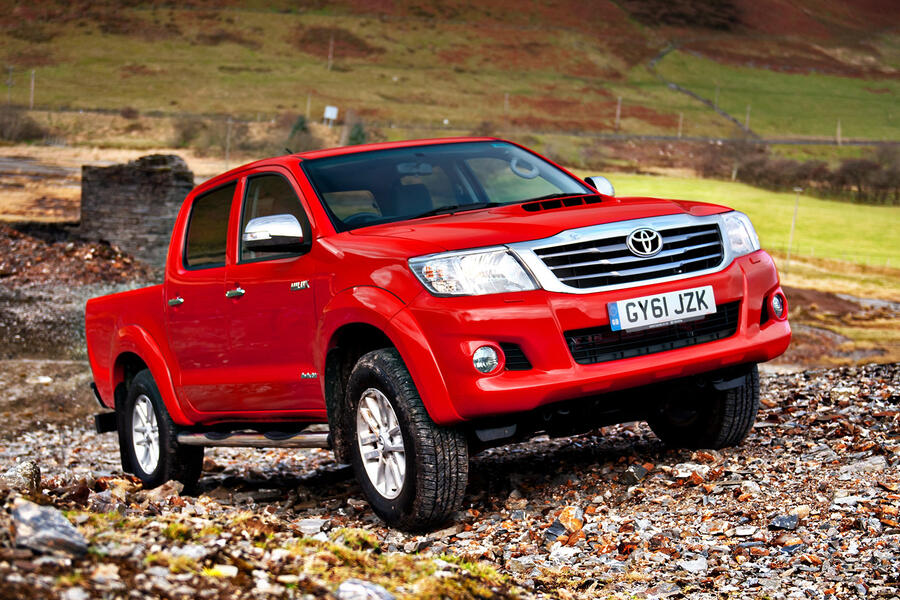


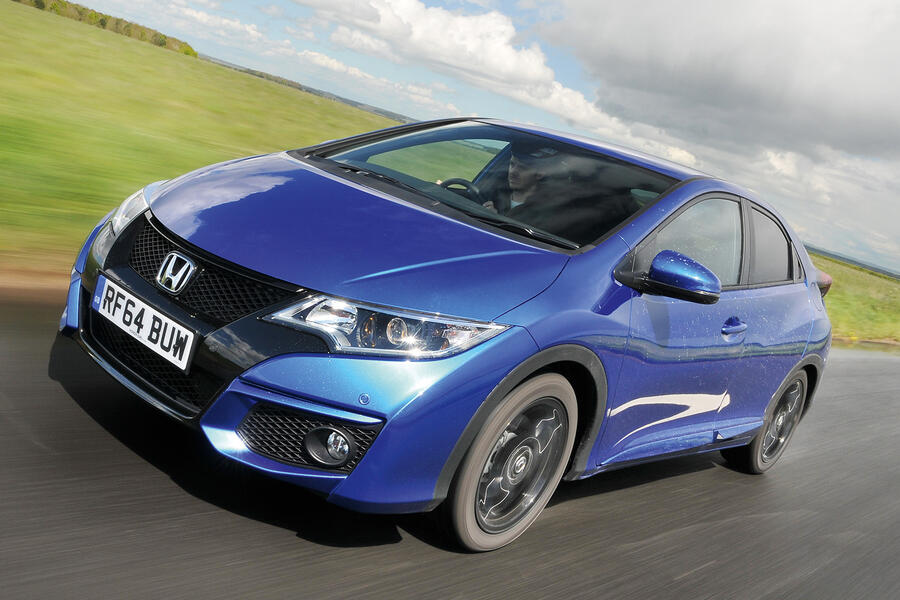

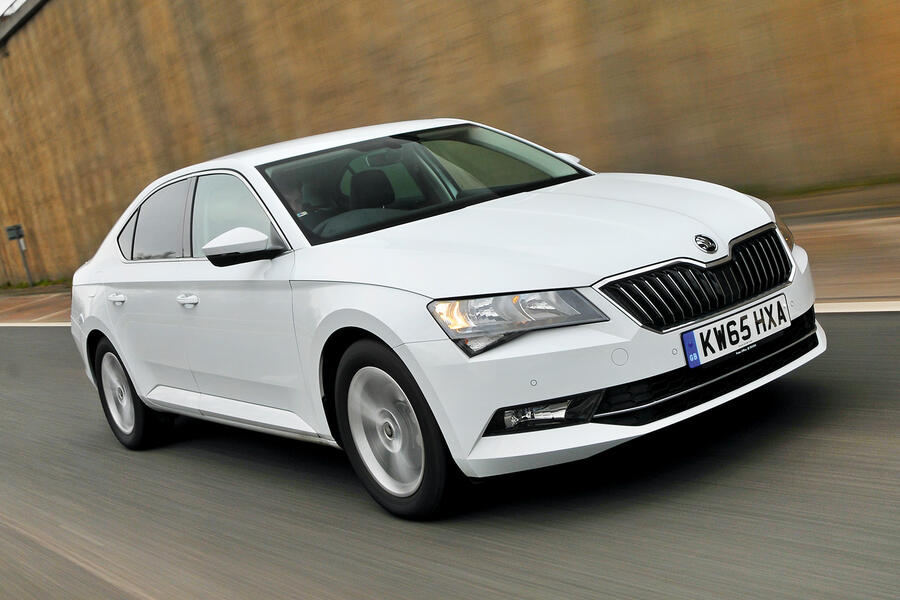


Join the debate
Add your comment
I find it hard to relate to the idea that a combustion car is future proof. If you were suggesting converting a Land-Rover to electric, as many people are now doing, I would agree that this would future-proof it. But combustion technology is declining rapidly, with most R&D now going into electrification. Combustion is just not a long-term bet.
Recommending an MX5 when they've a reputation for outstanding rust is questionable. An old car with a large following and established parts supply - classic Mini, 2cv, Caterham, for example - is the way to go, along with Lotus or Audi A8 for rust resistant construction.